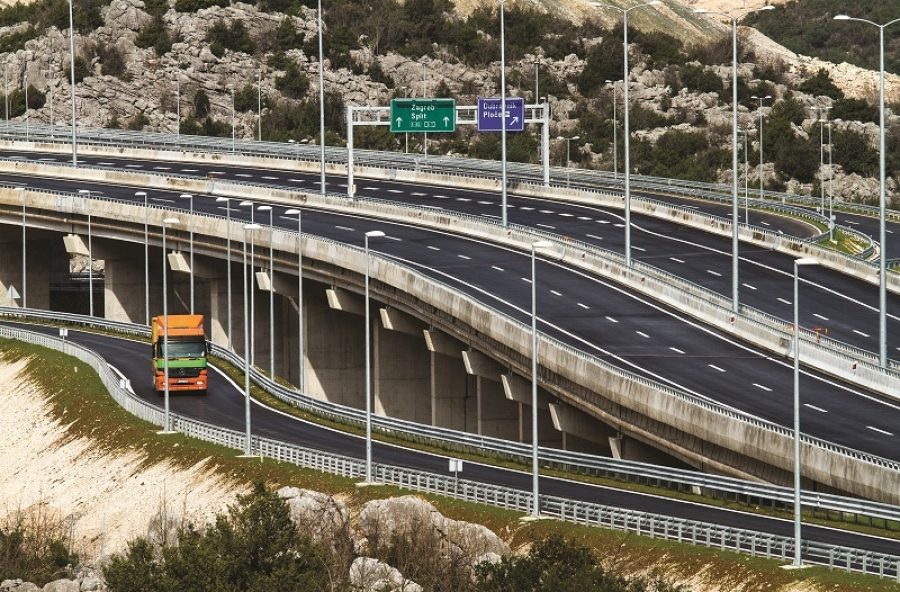Montenegro’s Highway Paves the Way for Tourism
Feb 6, 2018
In order for a nation to advance, development must occur. Many countries are advancing in architecture and economics to creating a more up-to-date societies for their citizens. To be a little more specific, Montenegro is making sweeping changes to benefit its people and tourists.
Montenegro is located in Eastern Europe and is a former Yugoslavian country with a population of about 630,000 people. The country became its own independent state in 2006 and has been pushing through modern changes ever since. After being stuck in many wars, the country stands independent and under construction today. With all of its surrounding neighbors being a little more highly developed with their road systems, Montenegro officially announced its first highway will be built.
The country has been bouncing around financial offers for the past nine years and in December of 2014, the Montenegrin government negotiated a plan with China. The highway would go from the southernmost city in the country, Bar, all the way up to Mateševo, Serbia. The transportation system will consist of 42 tunnels and 92 bridges.
Niles West has a staggering amount of first-generation American students of Balkan descent. A West graduate of 2017, Merima Mackic, is the oldest amongst two siblings and is the first in her family to be born in the U.S. Her parents immigrated 19 years ago.
“I have a lot of family from Montenegro and I spent about a month down there this summer. I hear a lot of stories and I know how it is down there,” Mackic said. “I think that it’s really weird that they’re building a highway because I’m so used to driving on one main road over there, but I think if they find a good place to build it then it could be really beneficial, especially for tourist season.”
The geography of the country differs dramatically from the flat land in the midwestern United States. Montenegro has a terrain that goes from extremely high peaked mountains all the way down to sea level by the coastline of the Adriatic sea. It also has the second steepest canyon in the world, the Tara river, and holds many lakes and forests throughout the land. Since the country is mostly mountains and woodland, there is only one main road that connects through the large rocks for people to be able to get from place to place.
Sophomore Dino Sabovic, a first-generation American and whose ancestors originated in Montenegro, visits the country each summer. Sabovic reacted positively to the news.
“I think this is going to be great for the economy over there because there’s going to be plenty of new jobs for the construction of the highway and there will be new business opportunities for all the companies that could have stores built aside the highway,” Sabovic said. “I also feel that it’ll be a lot safer for the tourists and all the people that drive down there because the one road connected across mountains by bridges and tunnels isn’t the most efficient and constructive thing.”
At West, there are rarely any immigrants from the Balkans (the Southeastern countries of Europe). Sophomore Stefan Simic comes from Serbian descent and was born in the US, but both his parents are immigrants. Simic visits family in Serbia during summer breaks and two summers ago he traveled to the coastline of Montenegro.
“Two summers ago I went to Montenegro mainly for the beach. I hate sandy beaches so much and Montenegro has so many different beaches filled with rocks. The drive from Serbia to there took about 9-10 hours,” Simic said. “I believe the highway is a good idea because it’ll make transportation easier. It will benefit the people a lot because it’ll give them a direct way to get from place to place. Overall, it’ll shorten trips and make them easier for people to get to where they need to be.”
At this very exact moment, the highway is in the making to create a stronger economy and a better-developed country. Montenegro is finally joining the advancement of its neighbors and ex-Yugoslavs by paving the way forward.




